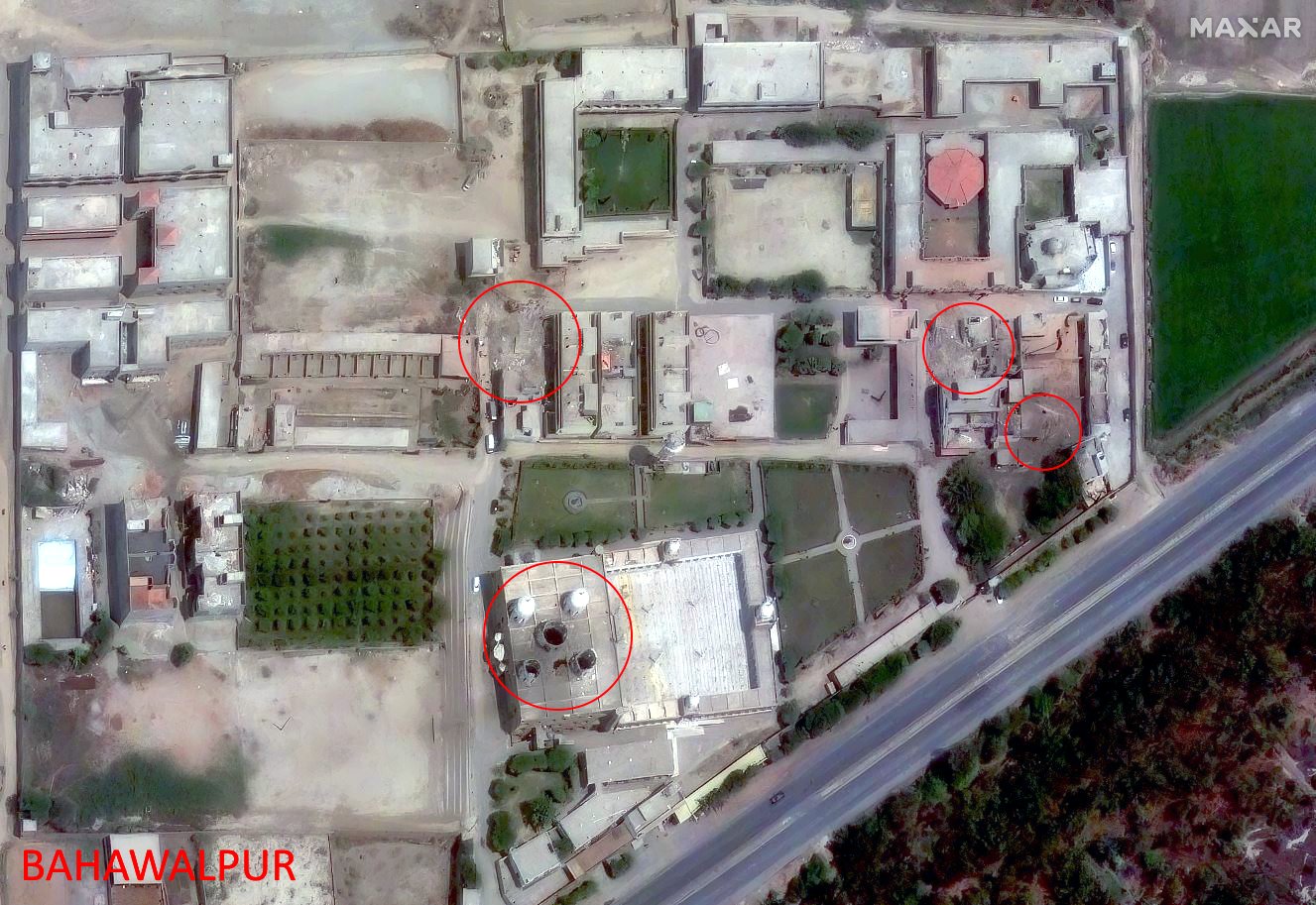Dear Express reader, Today is a day to read the numbers, and especially the message from the voters to winners and losers of crucial assembly elections in West Bengal, Tamil Nadu, Kerala, Assam and Puducherry. But other numbers cast a shadow over the verdict. India’s daily Covid-19 cases in the last 24 hours is only about 9,000-odd short of four lakh, 3,689 people have died of the disease in a day. In the face of this vicious second surge, the immunisation roll-out is struggling to catch up: Less than a lakh Indians, between the age of 18 and 44, could get shots on Day 1 of an expanded rollout. There just don’t seem to be enough vaccines to go around. Meanwhile, ten days after the first Delhi hospital moved court to seek oxygen supplies for its patients, the national capital is far from breathing easy. Indeed, the New Zealand embassy was seen urgently appealing on Twitter for oxygen cylinders. Twelve patients, including a doctor, died on Saturday as the Batra Hospital ran out of oxygen supply, leading an exasperated Delhi High Court to threaten contempt against the Centre for not arranging supplies for the capital. The silver lining in this darkest of clouds is that Maharashtra’s caseload appears to be plateauing. But since the need to believe in “positivity” is probably why India did not prepare for this spike, it’s important to face up to the bad news: As reports in The Indian Express on cases in Bihar, Uttar Pradesh and Jharkhand, the virus is now also a growing challenge for the fragile infrastructure in rural India. Now, to the election results. Where the biggest story involves what Prime Minister Narendra Modi and other senior BJP leaders had clearly staked out as the biggest prize: West Bengal. Ergo, the biggest winner in the much-vaunted khela is Mamata Banerjee, a street-fighter of a politician who dared to end Left’s decades-long rule in 2011, and now has trumped the 24x7 election machine perfected by Modi and home minister Amit Shah by an embarrassingly huge margin. No, that does not imply that Bengal’s “bhadralok exceptionalism”, which was buried several times by analysts during the eight-phase election, was somehow resurrected to stave off the BJP. The reasons behind Trinamool Congress’s victory might come down to Bengali pride, the silent women’s vote and its welfare programmes, but also to sheer pluck. The BJP took the battle to Bengal, and Mamata did not back down. Like the other victors in this round of elections, from DMK’s M K Stalin in Tamil Nadu to LDF’s Pinarayi Vijayan in Kerala, Mamata represents a federal pushback to the might of a winners-take-it-all Centre and the BJP’s heavy political machinery. As the Congress continues to fade out from important states, do these results hold a blueprint for a national opposition? And will the message in the ballot lead the BJP to give up its singular focus on electoral success and turn to the biggest national crisis in recent history? Our pages will continue to track both these stories. Take care, stay safe. Till next week, Amrita Dutta | 
No comments:
Post a Comment